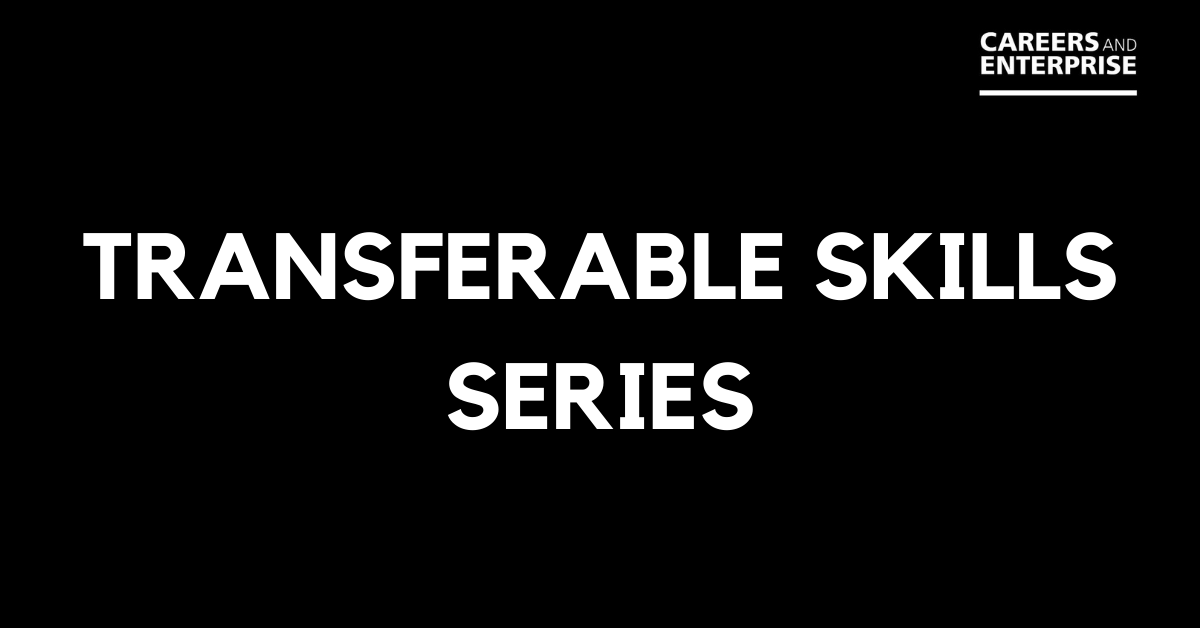Resilience is the ability to bounce back and thrive from challenges and it is an important skill, both in life and work, to help you cope with stress and protect your mental health and wellbeing.
Perhaps you have had to test your resilience as a student – failing to meet a deadline, not performing as well as you’d hoped in an exam, dealing with personal issues alongside your studies. You will probably experience some of these stresses during your working life, but psychologists believe that anyone can learn to become more resilient – and the key is being optimistic!
Read on to find out how this concept has been implemented in the U.S. military to help soldiers become as strong mentally as they are physically using a resilience training programme.
Central to the training program is the ABC (Adversity – Belief – Consequence) model, which states that a person’s belief about events drives their emotions and behaviours. According to the model, pessimists are more likely to see the cause of negative events as uncontrollable, permanent and pervasive and as such become overwhelmed and ultimately depressed; whereas optimists tend to see them as temporary, changeable and specific so they believe they have some control, that they will be able to solve the problem, face the challenge or bounce back from any adversity.
The training program teaches the soldiers to understand their current tendencies and approach situations more positively. In the steps, which are highly applicable in the workplace too, the soldiers learnt to:
- Be more self-aware and mindful of counterproductive patterns in their emotions, thoughts and behaviours and to regulate those tendencies.
- Recognise what is controllable whilst still being realistic in order to solve a problem.
- Avoid describing failure as permanent or inescapable.
- Be prepared to try new strategies, change their perspective and think more flexibly.
- Identify their own strengths and the strengths in others and rely on them to overcome challenges and meet goals.
- Build strong relationships through positive communication and a willingness to ask for and to offer help.
- Minimise the focus on worst case scenarios, which can dramatically increase anxiety and a sense of being overwhelmed.
- Cultivate a sense of gratitude. When you look for the good in every situation you enhance your positive emotions. (Research also suggests that individuals who acknowledge and express gratitude habitually actually experience health, sleep and relationship benefits).
In these steps the soldiers learnt to adopt a more optimistic attitude in order to become more resilient. If a more positive and resilient mind can help soldiers going into battle, perhaps it can help workers face the daily grind and any attendant adversity too.
Want to find out more about jobs that suit your skills?
- Go on to the Careers & Enterprise Hub, and under ‘Resources’ click on ‘Labour Market Information’. There, you can ‘explore by skills’ – just click on at least 3 skills, and it’ll show you job roles that match!
- If you click on the job role, it’ll give you more information about average salary, what the role entails etc.
N.B- do you feel like you’re struggling?
Wellbeing support here at the University: your wellbeing is important to us as we know if you are happy and healthy you will make the most of your time with us.
That’s why we offer a wide variety of confidential support and advice to help you out when you need it. Head to: https://www.canterbury.ac.uk/our-students/ug-current/support-services/wellbeing-support
 Careers and Enterprise Blog
Careers and Enterprise Blog Abbie-Rose Rigden
Abbie-Rose Rigden 2307
2307


